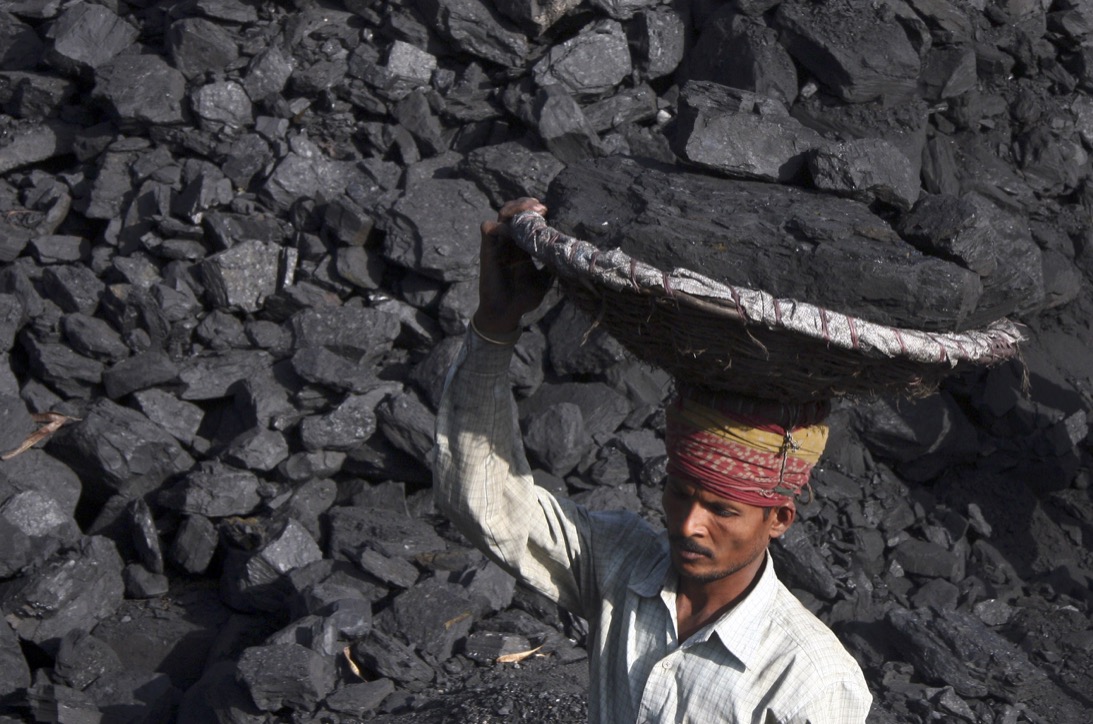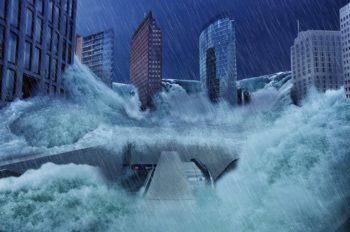
Trouble is, the “grim impact” is based on the notorious RCP8.5 extreme scenario that scientists such as the University of Colorado’s Matthew Burgess and colleagues now say should not be relied upon. (Read Ross McKitrick’s recent column for Financial Post.)
According to India Climate Dialogue, the report forecasts that unless steps are taken, between 2070 and 2099 average temperature over India will rise by approximately 4.4 degrees Celsius relative to the recent past (1976–2005 average).
The projections are based on “the worst-case scenario used by climate modelers worldwide.”
So far, though, the Indian government under Prime Minister Narendra Modi doesn’t seem to be “following the science.”
Last week, India opened coal mining to private investment, a move described as an attempt to create hundreds of thousands of jobs following an economic slump triggered by the coronavirus pandemic.
Modi said the move would help reduce India’s reliance on energy imports and develop the eastern and central parts of the country.
Whether the coal investment scheme is a good idea or not, Modi is right to be appearing to ignore the warnings that India is heading for a scorching increase in temperatures.
Guelph University economist Ross McKitrick comments that Indian economic growth from expanded use of fossil fuels “will add thousands of dollars of annual income to the poor in India. Climate change will subtract a few percents from that at most. It is still a massive net gain.”
The use of RCP8.5 represents another piece of political “science.” Any forecast from an RCP8.5 scenario is an impossible outlier, adds McKitrick. “It’s worthless.”
Read more at Financial Post

















All these projections are based on computer modelling> Since it is perfectly obvious that computers are no psychic visionaries, and depend on what is put into them, which by its nature must be both limited and also speculative, and also a certain pre ordained programme, such long term forecasts are pure speculation, pushed by a certain ideology and mindset. Hence GIGO.
Not only is RCP8.5 unlikely, it and all the other RCPs rely on the erroneous assumption that fossil fuel emissions control atmospheric CO2 content. They don’t. Check out https://edberry.com/blog/climate/climate-physics/you-are-not-causing-global-warming/ where Dr. Ed Berry discusses the errors involved in getting to that bad assumption. He says:
“Alarmists argue their theory is true as follows:
The sum of human CO2 has been greater than the increase in CO2 above 280 ppm. Therefore, human CO2 caused ALL the increase.
The increase in CO2 above 280 ppm follows a similar curve as the sum of human CO2 emissions.
These alarmist arguments fail out of the gate for the following reasons:
IPCC’s own data show the increase in CO2 above 280 ppm exceeded the sum of human CO2 emissions before 1960. This proves natural emissions caused the CO2 increase and it proves IPCC’s core theory is false.
A positive correlation between two trending time series does NOT prove one is the cause of the other. Proper statistics first “detrends” time series data. Then it correlates the data in the time steps. The annual correlation between human CO2 emissions and the increase in atmospheric CO2 is ZERO. That means IPCC’s core theory is false."